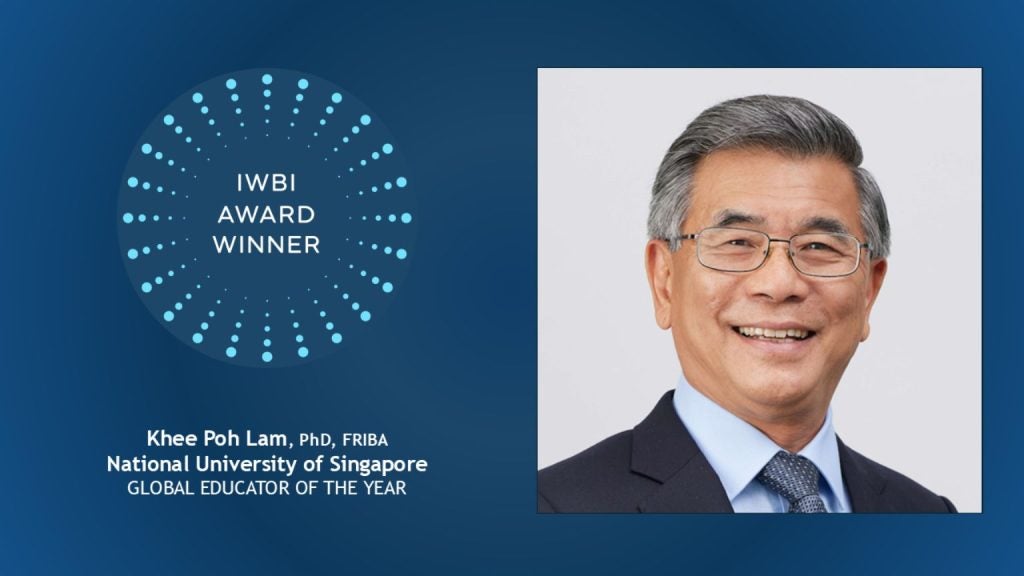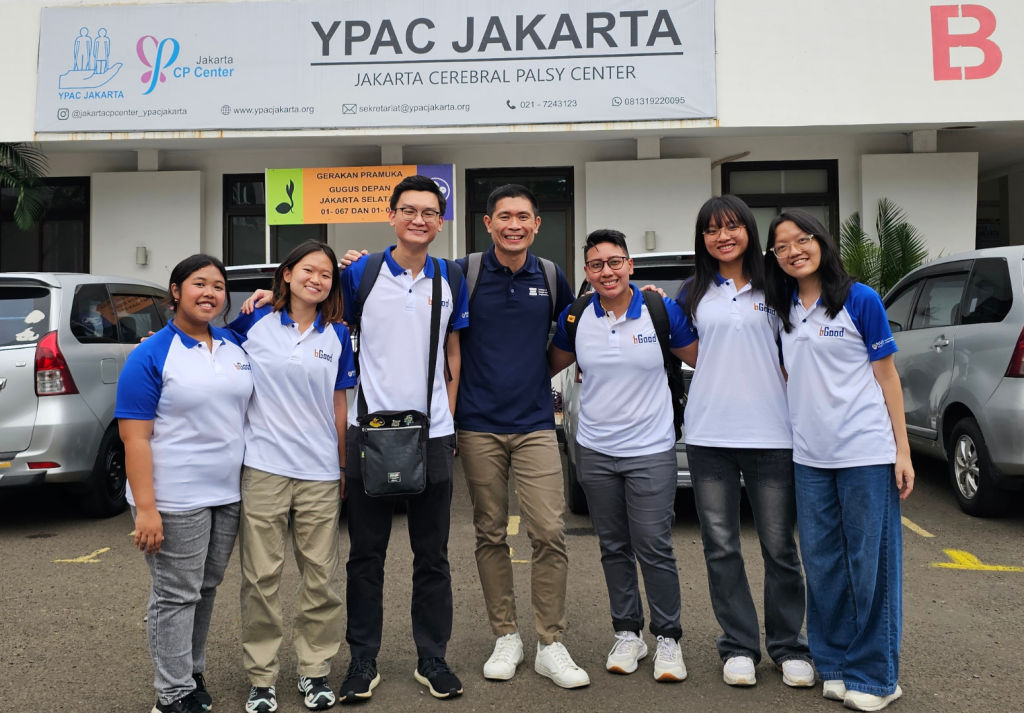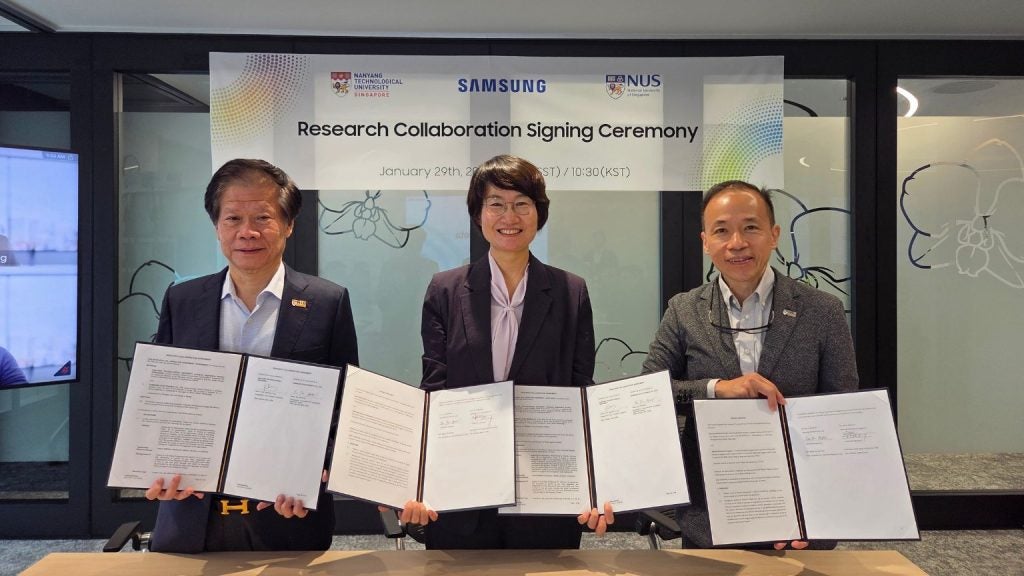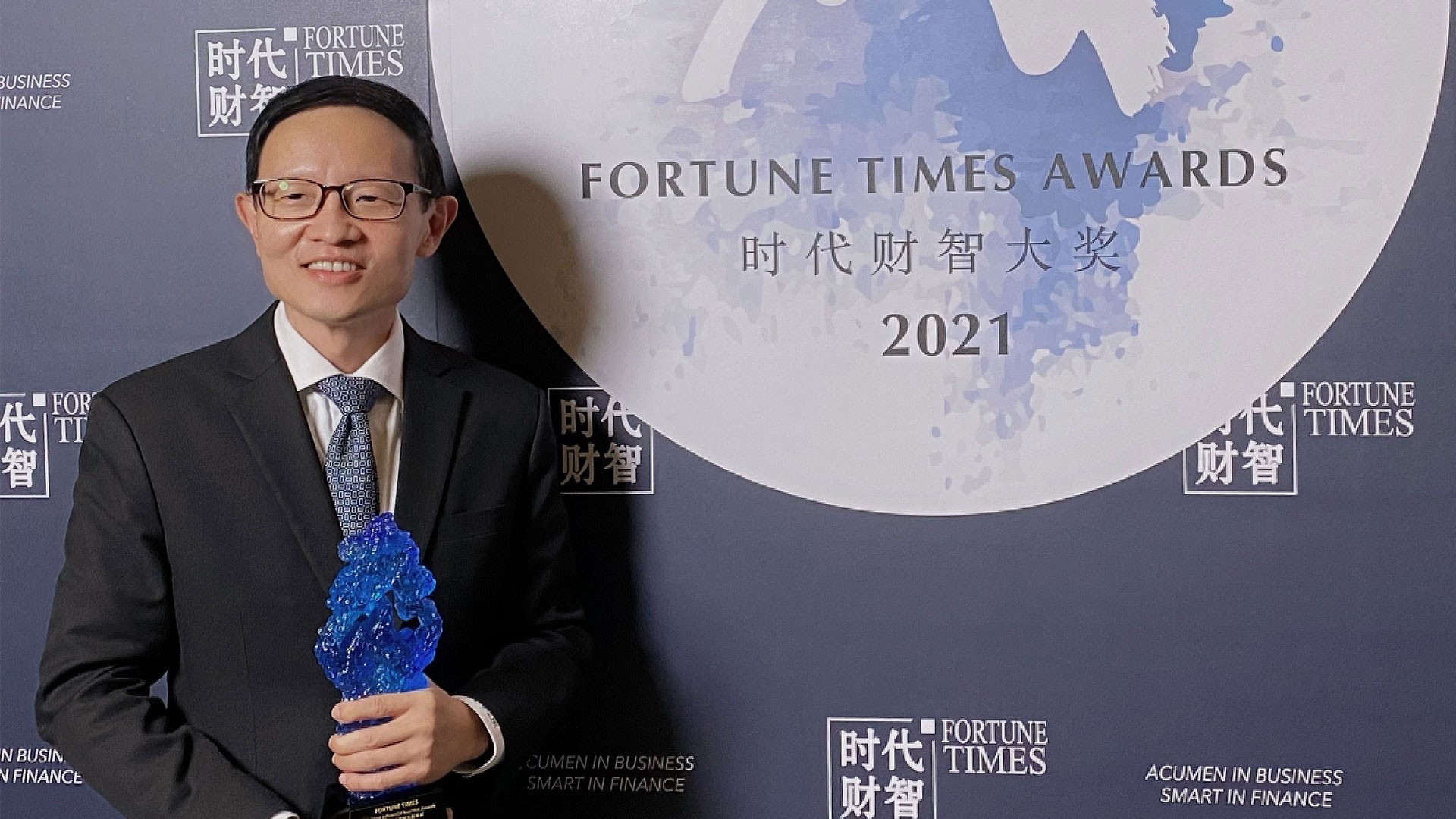
Professor Lim Chwee Teck, inaugural NUSS Professor at NUS Biomedical Engineering, has been named the winner of the Asia's Most Influential Scientist Award by the business magazine Fortune Times.
A prolific researcher and inventor, Prof Lim has been recognised for his distinguished academic achievements, independence of thought, originality, significance of discovery, and the overall impact of his research, the magazine's award committee said.
It added that the award recognised his position as a good role model, inspiring people with his courage for innovation, exploring the truth of science and constantly forging ahead.
A mechanical engineer by training, Prof Lim's research focuses on human disease mechanobiology and the development of microfluidic and wearable technologies for biomedical applications. He is also a serial entrepreneur having co-founded six startup companies which commercialise technologies developed in his lab, whilst he and his team have received more than 100 awards and honours.
Prof Lim is currently the Director of the Institute for Health Innovation and Technology at NUS as well as Founding Director of the Singapore Health Technologies Consortium, which is supported by the National Research Foundation, Singapore.
Here he gives us some insights into his research and what drives him:
What would you say is the biggest motivator of your research?
My interest in research really started when I was an undergraduate here at NUS. I did work for a couple of years as an aeronautical engineer after graduation but when I realised my passion is in research, I decided to pursue my PhD at the University of Cambridge. I always believe research is critically important in helping us to address some of the world's grand challenges, be it about healthcare, climate or sustainability. That's what motivates me to become a researcher.
What first inspired you to become a biomedical engineer?
I am actually a mechanical engineer by training and knew little of biology or medicine then. It was in 2001 when I was appointed as an Assistant Dean that I was asked to be involved in developing a cross-faculty Bioengineering Programme. This got me really interested in how I can use my expertise in mechanics to study human diseases. I then decided to embark on this new area of mechanobiology where I not only get to perform basic research on human diseases, but also use the knowledge gained to develop more effective diagnostics and therapeutics. That eventually led me to become a biomedical engineer.
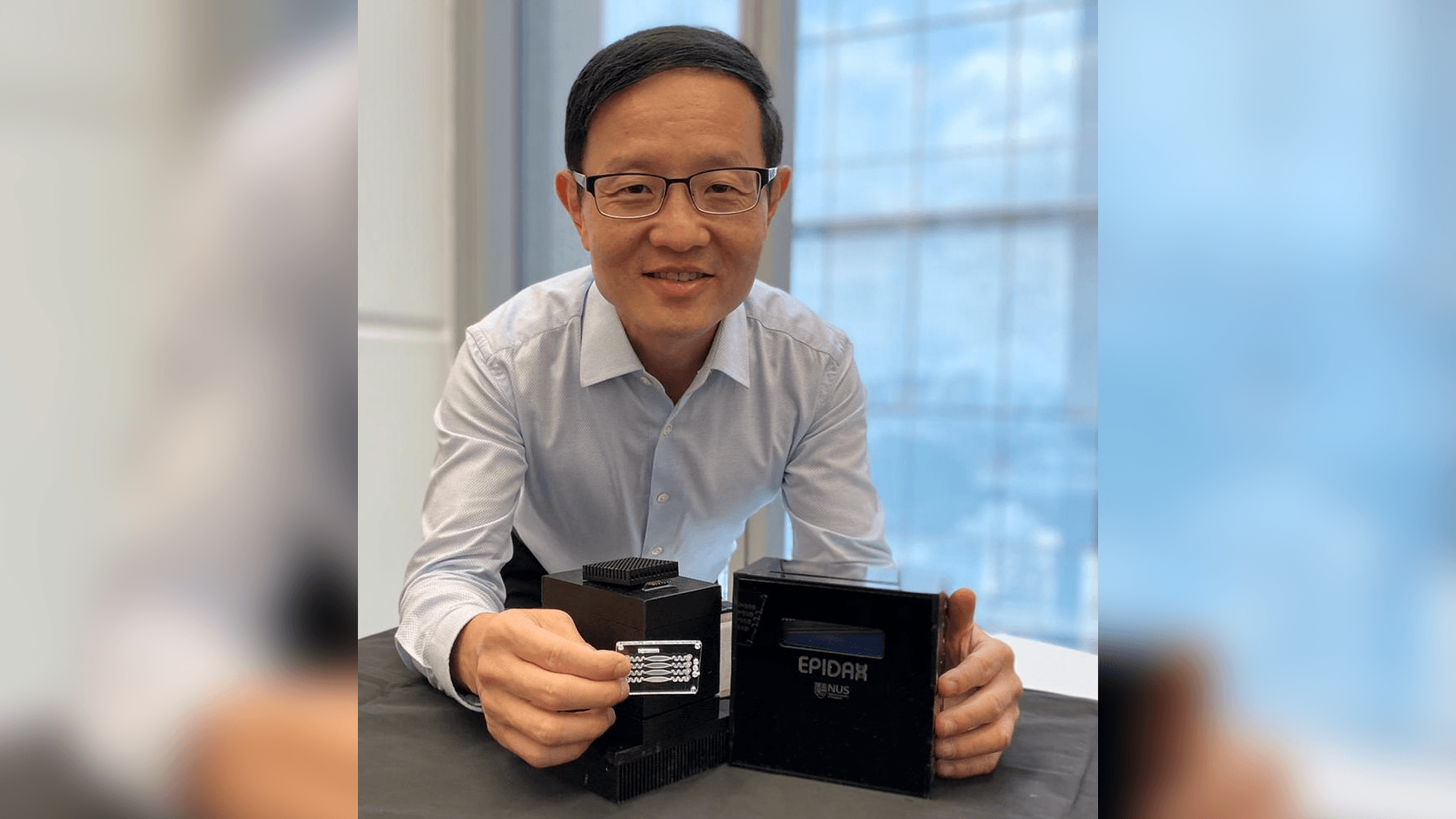
Which of your inventions are the most proud of, and why?
If I were to highlight some of the inventions that I am most excited about, it would be a suite of microfluidic biochips that we have developed for disease diagnosis. Several of these have been commercialised. Another invention is our liquid-based sensor that we have used to develop interesting wearable sensing technologies such as our smart InfinityGlove for applications in gaming, Virtual Reality, rehabilitation and even metaverse.
What do you see as the most exciting emerging area of health technology at the moment?
The most exciting emerging areas will be smart wearables, health analytics and Artificial Intelligence. As we enter the era of precision medicine, the adoption of these technologies will not only be about timely and precise treatment of diseases, but also prevention.
What advice would you give a young researcher who has just started on his/her career or a student considering a career in research?
Do take time to think about what you want to focus your research on and do not be afraid to dream big and ask the important questions. A good place to start will be to look at some of the grand challenges the world is facing. Setting up a new lab and getting together a team takes time and is not easy. You will face many obstacles but continue to soldier on.
Also, focus on quality rather than quantity. It's not the number of publications but the impact they bring that matters. And, on the subject of impact, do think about how you can eventually bring your research outcomes from the lab to the market so it can directly benefit the society.



